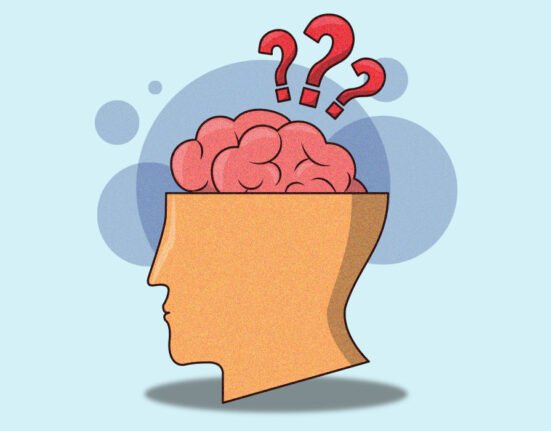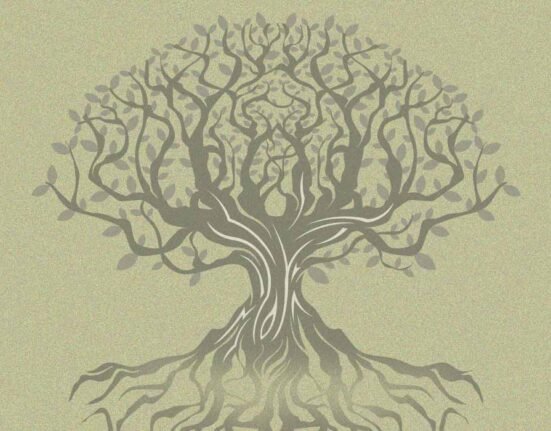What do you think is the importance of your name? Is it a representation of your identity, or just a simple word? Many of us have had situations where people, either intentionally or unintentionally, mispronounce our names. That doesn’t feel very nice, does it? Some of us have even thought of changing our names. Let’s figure out the psychology behind all this.
Names as a Doorway to Self-Esteem and Identity
A name accompanies one like his skin. In this way, the name has a rich influence on a person’s self-esteem and ego. The role of a name is important to us because it tends to fill people with pride, and the feeling of uniqueness and brings about self-acceptance. Mispronouncing, ridiculing, or associating a name with negative experiences may cause discomfort, anxiety, and low self-esteem. Our name connects us to our social identity as well, like the family we belong to, our religion, and the geographical location where we come from. Moreover, we see our name as representative of our gender identity.
In most societies, people often introduce others by a name, which determines how they are treated. What is interesting to note, however, is that just like any individual’s name in a given culture can sway perception of one’s oneself. A person might feel the weight of having to live up to expectations when others associate their name with being brainy or creative. Similarly, a person whose name is associated with negative stereotypes will always have a battle to fight against the expectations.
Reasons for Changing the Name
Changing one’s name can involve multiple facets driven by psychological motives. While some persons change their names for practical or administrative reasons, others have deep-set psychological factors to drive them to change their names. The following are some of the psychological reasons why one may want to change his or her name:
1. Dissatisfaction with the Existing Name
Some people simply don’t like their present name, which is unflattering or sounds unpleasant. Such a feeling may arise due to many reasons, such as the sound of the name, its meaning, or the connection it brings to mind. A person who possesses a commonly misspelt or mispronounced name may want to have a change so that he will not have to go through frustrations and embarrassment that come due to that.
The names can also refer to some sort of unpleasant feelings or bad experiences in someone’s life; it eventually emerges as an objective for them to change it. For instance, when some people were oppressed or bullied because of their name, they want to change it, just to set themselves free from the bad memories. Sometimes, they consider that name is reminding them of the previous trauma or abuse, so they have to change it to heal.
2. Name and Personality Clash
Some people may have a name that in no way describes them. For instance, a person whose name is associated with some characteristic or trait may consider the fact that his or her identity does not necessarily owe much to the name after all. Changing one’s name can be a way through which a balance of incongruity and working towards achieving a real identity is done. A person’s name might also not define the cultural or ethnic background he or she comes from and therefore will want a change. For example, an adopted person or someone belonging to a mixed cultural background may want to change his or her name and identify with his original identity
3. Change in Gender Identification
Names can also be an expression of the gender identity of a person. However, for some, their name is not an indicator of their gender, and a person may feel the need to change the name into one that reflects who they are. Therefore, some people who were born female but now identify with being male will prefer a name that is typically masculine. Similarly, a non-binary person may prefer a non-descriptive or ambiguous name. This can be a great way of entering into a different gender identity and a sign of gaining accurate validation and acceptance from society.
Psychological Effects of a Name Change
What occurs, then, if one changes their name? A name change can cause significant changes in your mental and emotional landscape, as the American Psychological Association describes. It has the power to redefine who you are, upend ingrained behaviours, and spark a journey of self-awareness and self-realization. Having a new name can provide you with a sense of empowerment and affirm your agency, which can help you feel more confident in yourself. A name change can be more than just a formal legal process; it can serve as a spark for personal development and transformation, enabling a person to redefine their identity and how they engage with the outside world.
Changing your name is a journey; all journeys have their share of obstacles. The process of changing one’s name has an impact on not only the individual going through the transition but also the people around them in both personal and professional contexts. There may be social confusion and even resistance, which calls for perseverance, persistence, and a strong will. Another challenge for an individual may be getting used to answering to a new name. It takes patience, understanding, and self-compassion. It’s a process, and it’s crucial to acknowledge it as a component of the transformative journey and approach it with love toward oneself and others.
Conclusion
Changing one’s name is a very personal and significant psychological procedure. It may signify a path toward introspection, independence, and personal development. If you’re considering a name change, realize it’s not just about the legal procedure, but about asserting your identity. It’s a declaration of your changing identity, an endorsement of your distinctive individuality, and a record of your life’s journey.
References +
Monomousumi, & Monomousumi. (2023, July 19). Understanding the psychological impact of a name change | “Monomousumi.” “Monomousumi” | When Mind Dominates. https://monomousumi.com/understanding-the-psychological-impact-of-a-name-change/
https://www.onlinepsychologydegree.info/wp-content/uploads/2023/06/shutterstock_2151924839.jpg
https://www.psychologytoday.com/us/blog/longing-for-nostalgia/202306/what-does-it-mean-when-someone-changes-their-name#:~:text=Personal%20names%20reflect%20a%20person’s,a%20person%20and%20their %20relationships.













Leave feedback about this